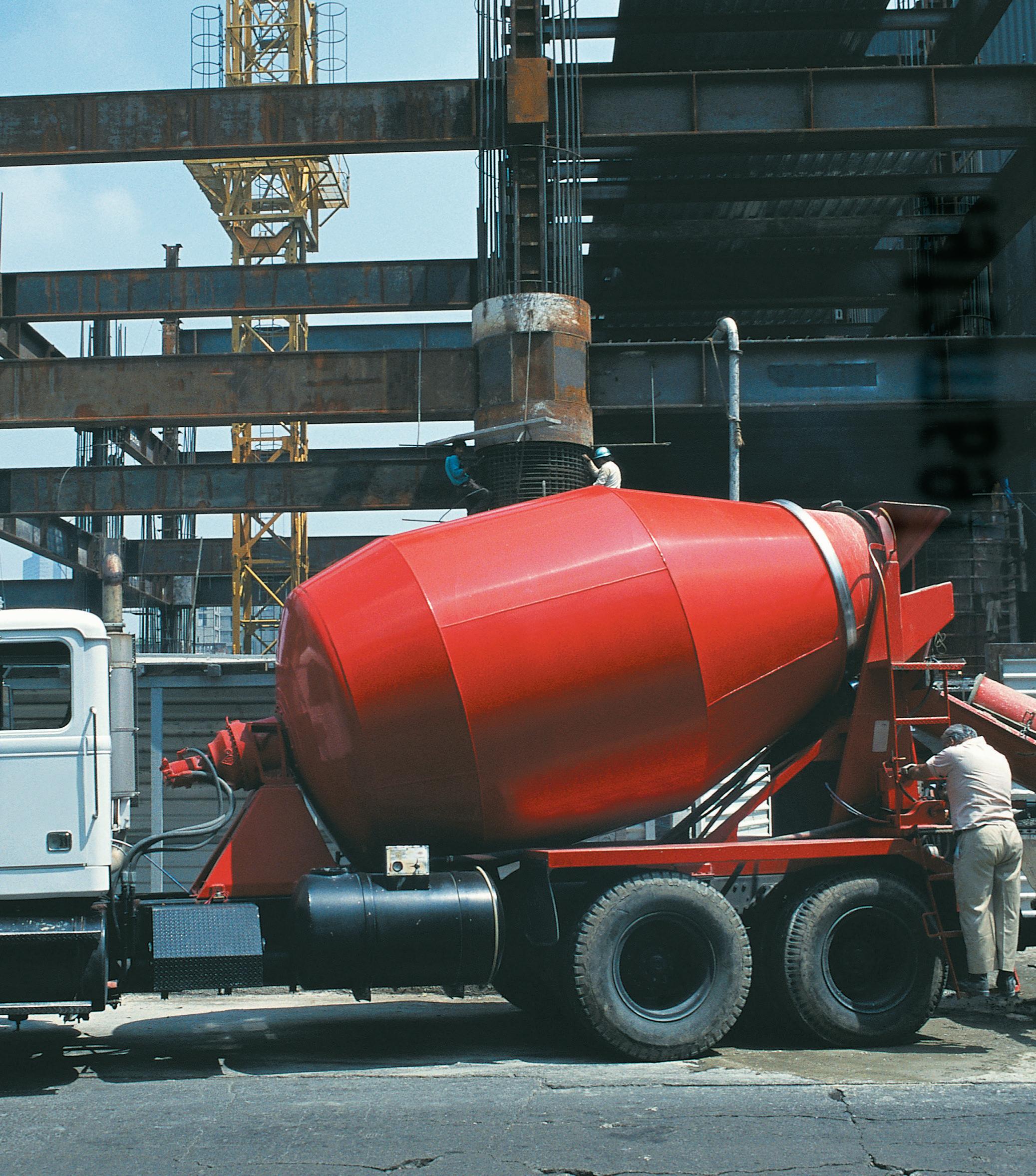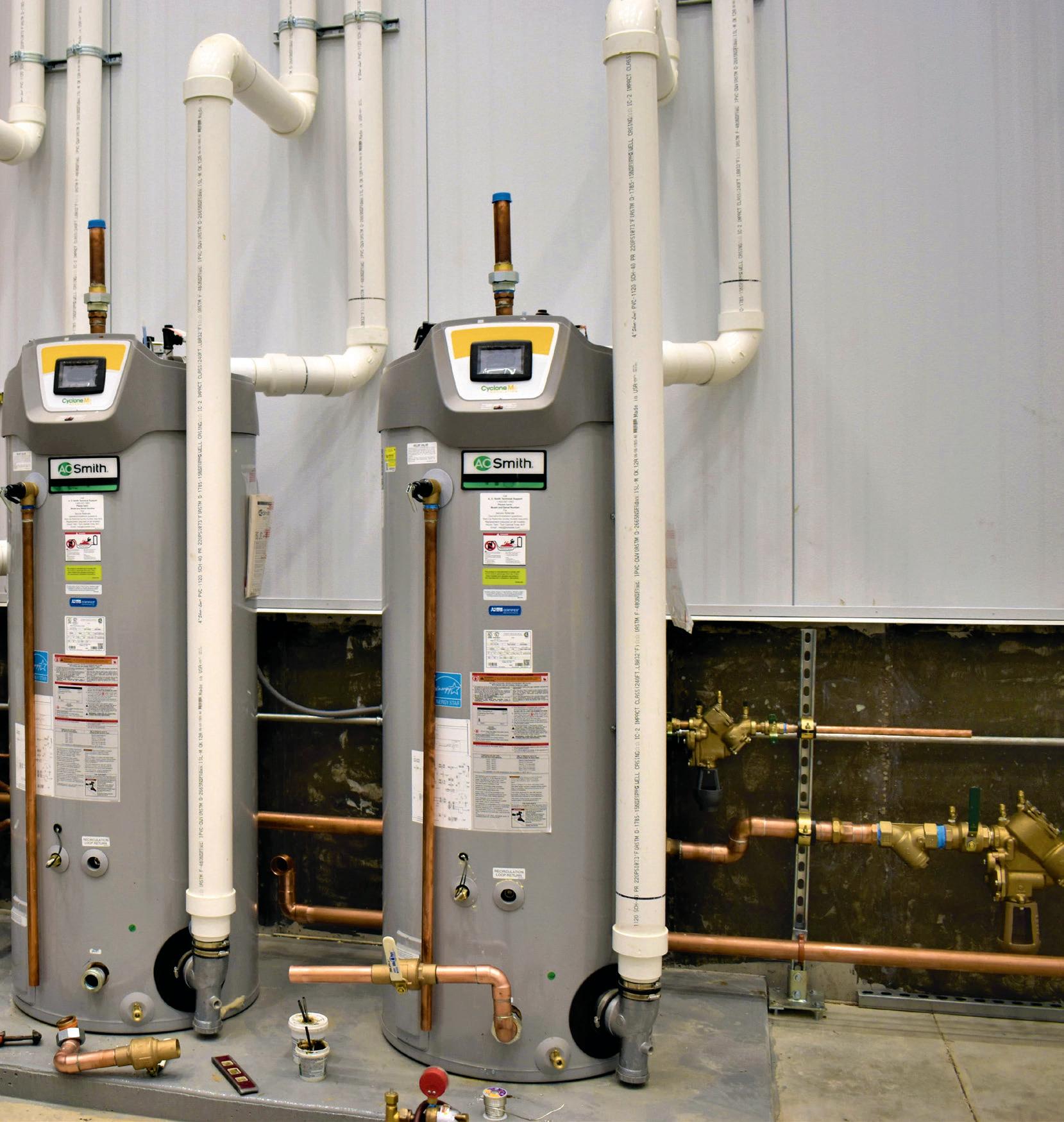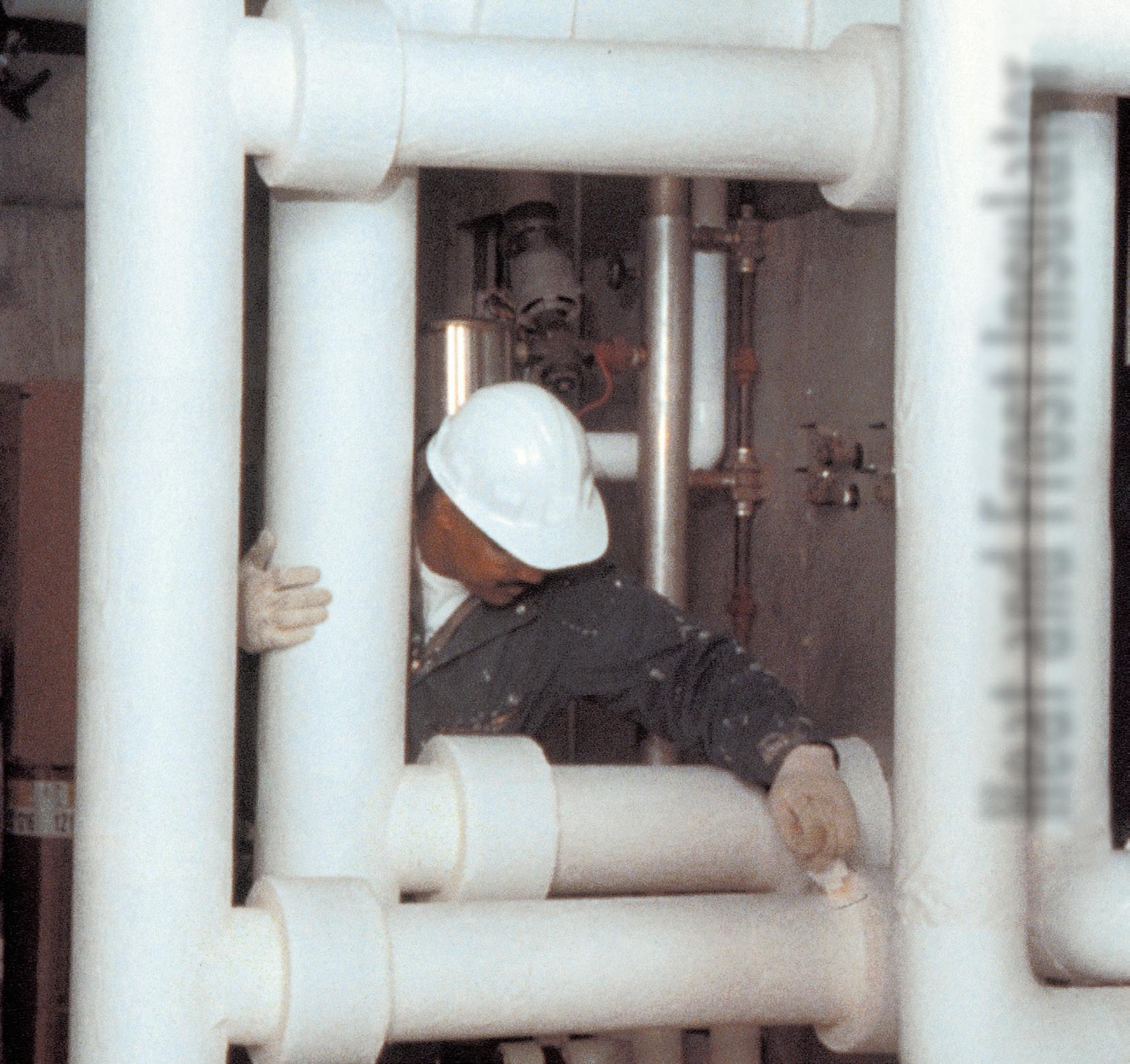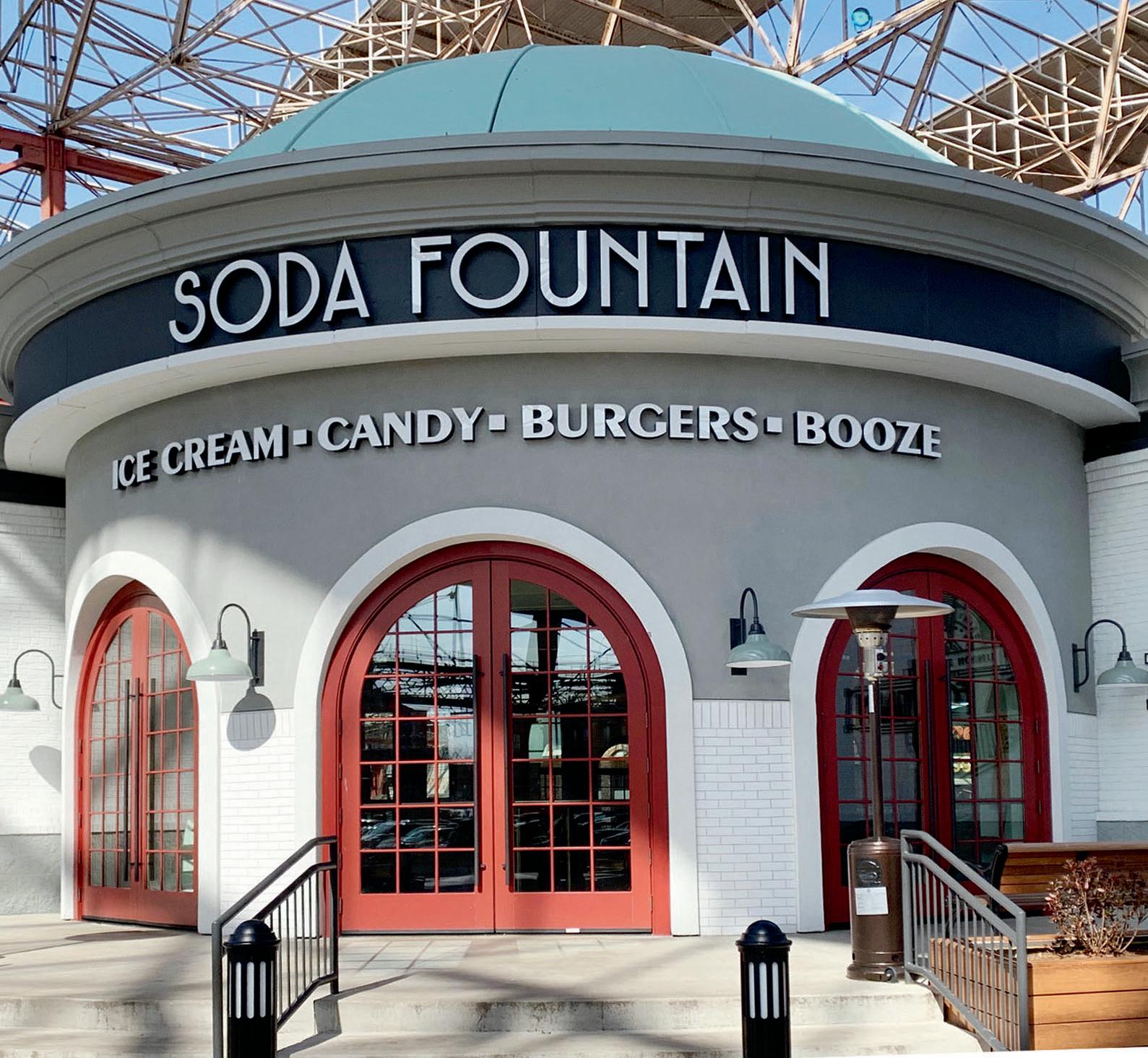
2 minute read
TABLE OF CONTENTS: TABLE OF CONTENTS
EDUCATIONAL REQUIREMENTS: State-of-the-art construction is a complex and technical field and continued growth will require the most skilled and educated workforce available.
STEM – Science, Technology, Engineering and Math – should be an important focus for junior and senior high school students. A high school education is all that is required to be successful in the industry, though a college education, especially in STEM, may be beneficial. WAGES: As an apprentice, you Earn while you Learn - the construction industry pays wages throughout the process of learning a craft, some even include benefits. Apprentices typically start at approximately one-half of the journey-level wage rate, which ranges from $15 per hour for new apprentices to more than $38 per hour for experienced apprentices in certain crafts. Journey-level wages start at $25 per hour to more than $45 per hour. It’s not uncommon for journey-level workers to earn the same or more than engineers and architects.
In addition to excellent pay, the construction industry offers outstanding benefits through healthcare, retirement and pension and continuing education. SAFETY PRACTICES: Safety is top priority in construction careers and construction careers are safer and longer than ever before as a result.
Workers are required to wear appropriate safety equipment, including eyewear, hard hats and safety shoes as they perform their work. Workers must be clear and focused on the task at hand, for their safety and for the safety of others – as such, the construction industry prohibits substance abuse on and off the work site, and applicants and workers may undergo substance abuse testing to ensure the highest standards for safety are upheld.
We hope you’ll consider joining the St. Louis construction industry. Become part of the nation’s largest industry and build the future!
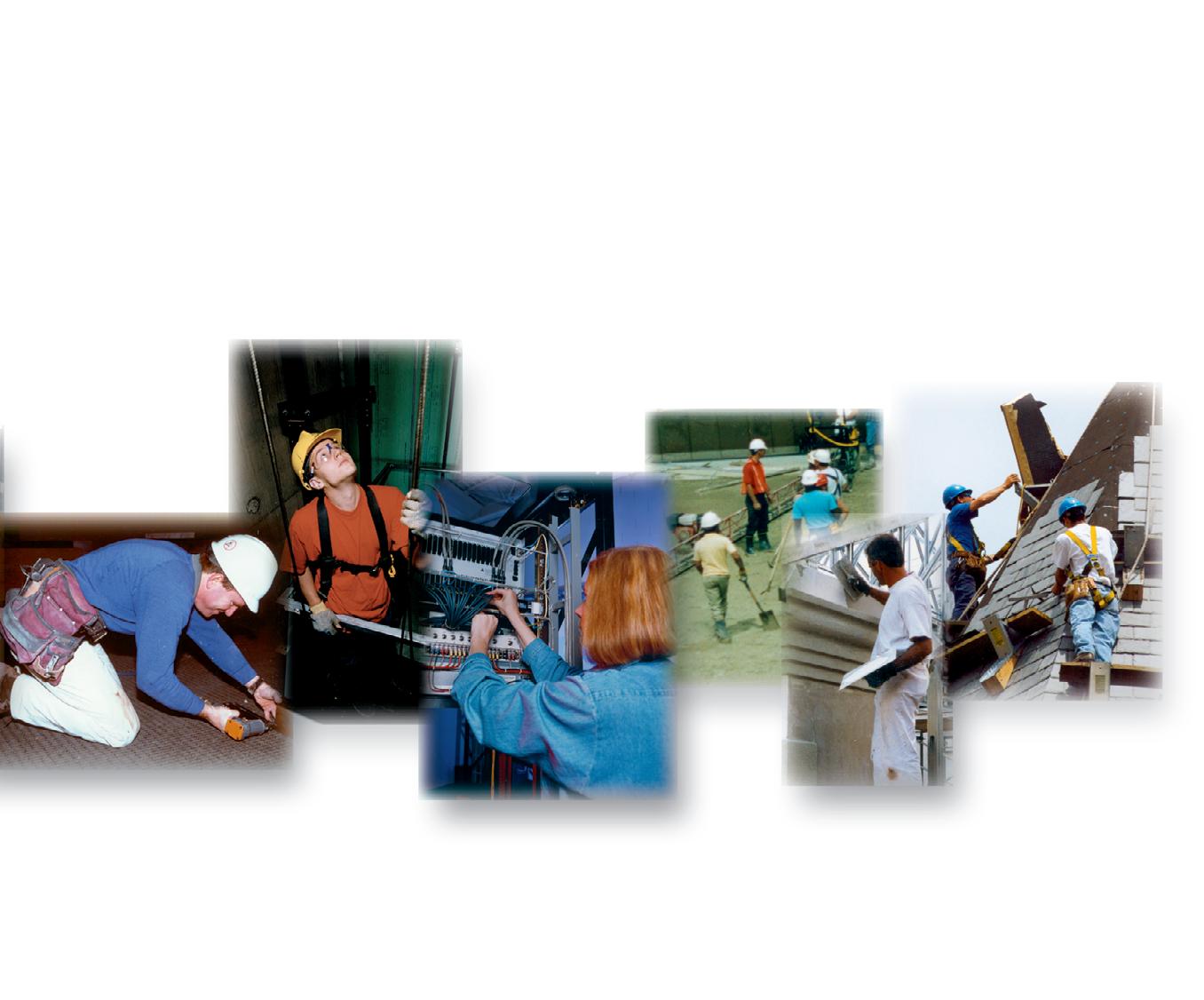
Copyright 2015 by Saint Louis Construction Cooperative
WORK DESCRIPTION: Boilermakers assemble and repair boilers, pressure vessels, tanks, and vats, making them essential to the energy, manufacturing, and processing industries. Tasks performed include the fabrication and assembly of structures and sections, instrumentation and pressure and leakage testing of vessels, removal and repair of components, and rigging and signaling for hoisting operations. Skills required include welding, fastening, flame-cutting, straightening and fitting. Rigging is also an important skill to master.
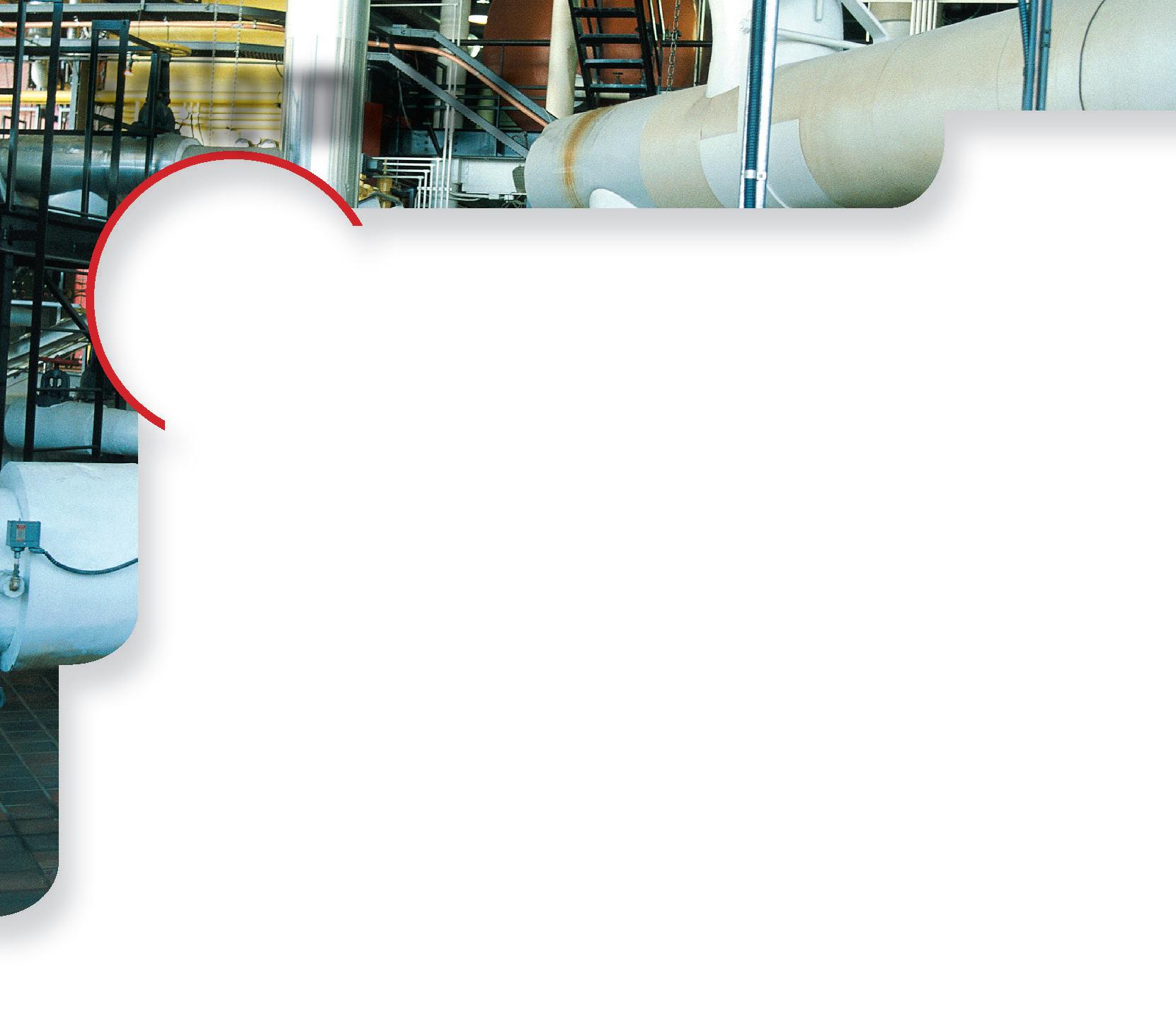
TRAINING PROGRAM: Boilermakers receive four years of training in welding, blueprint reading, burning, rigging, layout, fit-up and related topics. On-the-job training and correspondence courses are also required. APPLICATION REQUIREMENTS: Copy of birth certificate Copy of high school diploma or G.E.D.
APPLICATION PROCESS: Applications are accepted the 2nd Monday of each month from 8 a.m. to 12 p.m. and 1 p.m. to 4 p.m. at the hall (address below). The recruitment, selection, employment and training of apprentices during their apprenticeship shall be without discrimination because of race, religion, national origin, age or sex. Applicants with a welding certification or welding training qualifications have priority selection over applicants with no welding qualifications. Applicants must provide proof of welding certification or welding training qualifications at the time of application. TO APPLY, CONTACT: Eugene Gill, Business Manager/Secretary-Treasurer Boilermakers Union Local No. 27 1547 S. Broadway St. Louis, MO 63104 314/421-3151 Fax: 314/421-3154

